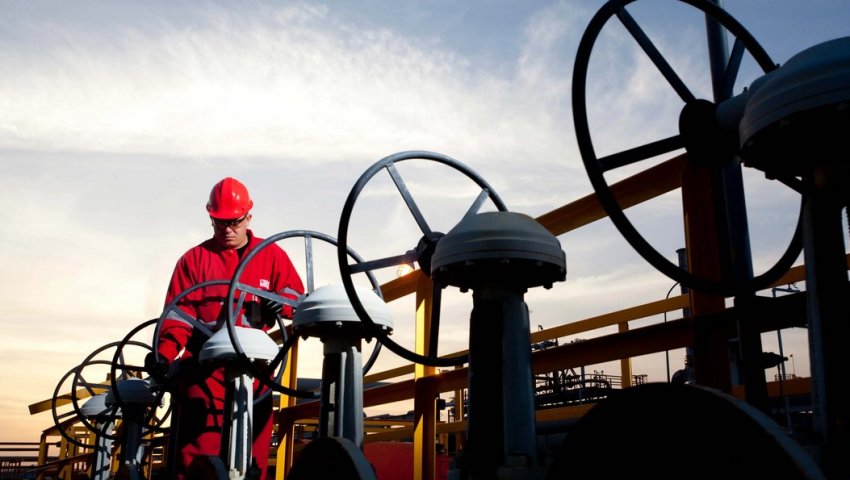
The United States government has reimposed sanctions on Venezuela's oil and gas industry. These sanctions had been eased for a six month period beginning in October last year, but this period expired on April 17.
Companies were given a 45 day period to wind down their activities in Venezuela. Those wishing to continue dealing with Venezuela's oil sector after May 31 will have to apply for licenses that will be "considered on a case-by-case basis", according to the US Treasury.
The sanctions on the oil industry are part of a pattern of US sanctions aimed at strangling the Venezuelan economy and causing the overthrow of its government.
The sanctions amount to an economic blockade and prevent US companies from having any dealings with Venezuelan government bodies, such as the state-owned oil company PDVSA. Non-US companies can also be targeted with secondary sanctions, preventing the Venezuelan government from trading with the outside world.
Impact of the blockade
The blockade has damaged the Venezuelan economy. For example, the oil industry is unable to get spare parts for machinery made in the US or its allies. This has reduced Venezuela's oil production and revenue.
Similarly, electricity and water supply have been affected by sanctions.
The blockade has caused severe hardship to the people. There are shortages of medicines, vaccines and medical equipment.
The Venezuelan government has tried to get around the blockade by using private companies as intermediaries, buying and selling items on behalf of the government. While this is necessary, it has created problems. The private companies take a cut, reducing government revenue from exports and adding to the cost of imports. Also, the secrecy surrounding such arrangements creates opportunities for corruption.
Election
The pretext for restoring the oil sanctions is that Maria Corina Machado, an extreme right-wing politician, has not been allowed to participate in the presidential election to be held on July 28. Twelve other candidates will be contesting the election against current president Nicolas Maduro.
Machado has been banned for a number of reasons, including calling for sanctions against Venezuela and advocating military intervention. She participated in the "interim government" of self-proclaimed "interim president" Juan Guaido, who tried to overthrow the Maduro government in 2019.
These actions facilitated the seizure of Venezuelan assets abroad. The US and some of its allies recognised Guaido as "president", even though he had not been elected to that position, and claimed that Maduro's government was illegitimate. The US government seized control of CITGO, the US subsidiary of PDVSA. The British government seized 31 tons of Venezuelan gold held in Britain.
The ban on Machado does not mean a lack of opposition candidates in the coming presidential election. Andreina Chavez Alava, writing in Venezuelanalysis, comments: "There are 13 candidates of which 12 are opposition, between newbies and old foxes, and they come in all flavors. You have free-market lovers, religious conservatives, businessmen and libertarian comedians. Some might drop out of the race, but most are likely to plow ahead. Some have been pre-campaigning for quite some time now."
Chavez Alava, while opposed to the US efforts to overthrow Maduro, is critical of the Maduro government. The efforts to circumvent the US blockade by using private companies as intermediaries have been associated with concessions to private capital. To some extent this is inevitable, but Chavez Alava thinks it has gone too far:
"A lot of people like me are not entirely happy with the government’s liberal overtures in the name of circumventing the US blockade that moves away from the socialist alternative. We have felt ignored when making criticisms or requesting information regarding salaries, socioeconomic data, and the real state of healthcare, education and the electrical system and what investment is going (if any) into them.
"We don’t want to surrender our country to the US, but we also need guarantees about the next six years if Maduro wins. Will the government continue trapped in its echo chamber? Will they weed out the opportunists and corrupt? Will the socialist project be revitalized?
"No matter what goes down on July 28, only the Venezuelan people can save themselves and guarantee real democracy on the ground and hope for the future".